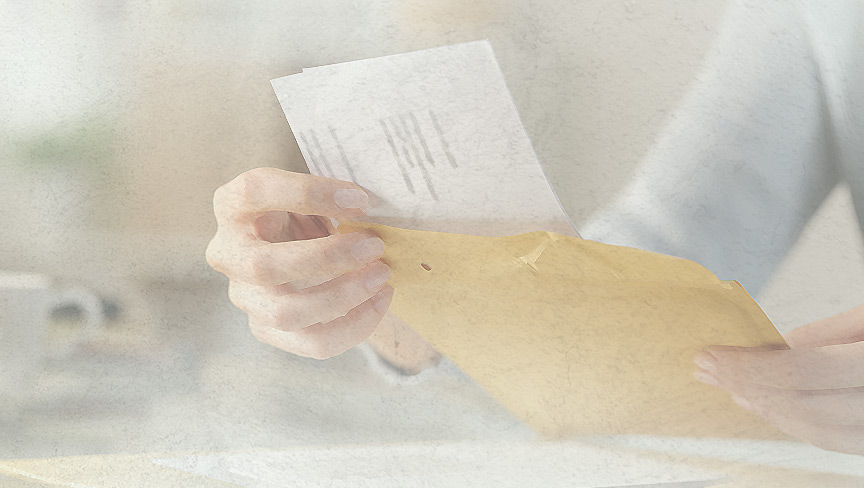Chapter 6
Prosecution
Charge brought against the defendant
On 20 January 2017, the defendant was charged by the ICAC with soliciting illegal commission of a total of about HK$920,000 from PW2 for handling securities transactions conducted in her accounts with the bank. The defendant, charged with two counts of soliciting advantages as an agent, contrary to section 9(1)(a) of the Prevention of Bribery Ordinance (POBO), appeared at the Eastern Magistracy on 24 January for plea.
One of the charges alleges that the defendant, on 5 October 2014, without lawful authority or reasonable excuse, solicited a commission of about HK$141,980 from a private banking client of the bank, as a reward for handling securities transactions conducted in the securities accounts maintained by the said client with the bank. Another charge alleges that the defendant, on 9 April 2015, without lawful authority or reasonable excuse, solicited another commission of HK$777,140 from the same client of the bank for the same purpose.
Immunity from prosecution?
PW2 was granted immunity from prosecution after DoJ’s due consideration. When PW2 testified in Hong Kong, she handed the ICAC a lawyer’s letter which stated that her ignorance of Hong Kong’s laws and culture, along with her confidence in the professional ethics of staff of a well-established bank, had led her to believe that offering extra commission was allowed in Hong Kong.
Although DoJ asserted that ignorance is no defence, it was convinced that PW2’s testimony is key to prosecution as she is the only victim in the case who also happened to hold substantial evidence against the defendant. If PW2 testifies against the defendant, it is very likely that the defendant will be brought to justice. However, if PW2 is not willing to give her testimony or chooses to return to the Mainland for fear of prosecution, it is very likely that the defendant will be found not guilty. Thus, DoJ decided to not prosecute PW2 after careful consideration. PW2 was allowed to give a non-prejudicial statement and was granted an immunity in writing, which enabled her to testify against the defendant without reservation.
The making of a non-prejudicial statement does not necessarily mean that the maker will be granted an immunity from prosecution. If any criminal conduct on the part of the maker is revealed in a non-prejudicial statement, the statement will not be used by the prosecution as evidence against the maker in any subsequent prosecution unless it is found to be intentionally false or misleading. Before taking a non-prejudicial statement from a subject of investigation, consideration should be made as to whether the subject can provide evidence to assist the investigation, and that the subject is not the mastermind and played a passive role in the case, etc. DoJ will issue an immunity in writing if it is convinced that the statement maker should be immune from prosecution. Other defendants of the case and their legal representatives are allowed to read the non-prejudicial statement to ensure justice in trial.

According to an investigating officer of the case, PW2’s testimony was paramount to the building of the case. He said, “PW2 was not only a victim, but also a suspect of the case. At first, she remained silent and refused to cooperate with us. At one point, she even returned to the Mainland. When we were about to give up on the case, PW2 sent us a lawyer’s letter which stated that her ignorance of Hong Kong’s laws and culture, along with her confidence in the professional ethics of staff of a well-established bank, had led her to believe that offering extra commission was allowed in Hong Kong.”
However, ignorance does not imply innocence. After the ICAC’s discussion with DoJ, the victim turned into PW2 and gave evidence in court under an immunity granted by DoJ.
The investigating officer opined that “the testimony and information given by PW2 are essential to prosecution as we were landed in a passive position where our effort alone could not have taken the case further.”